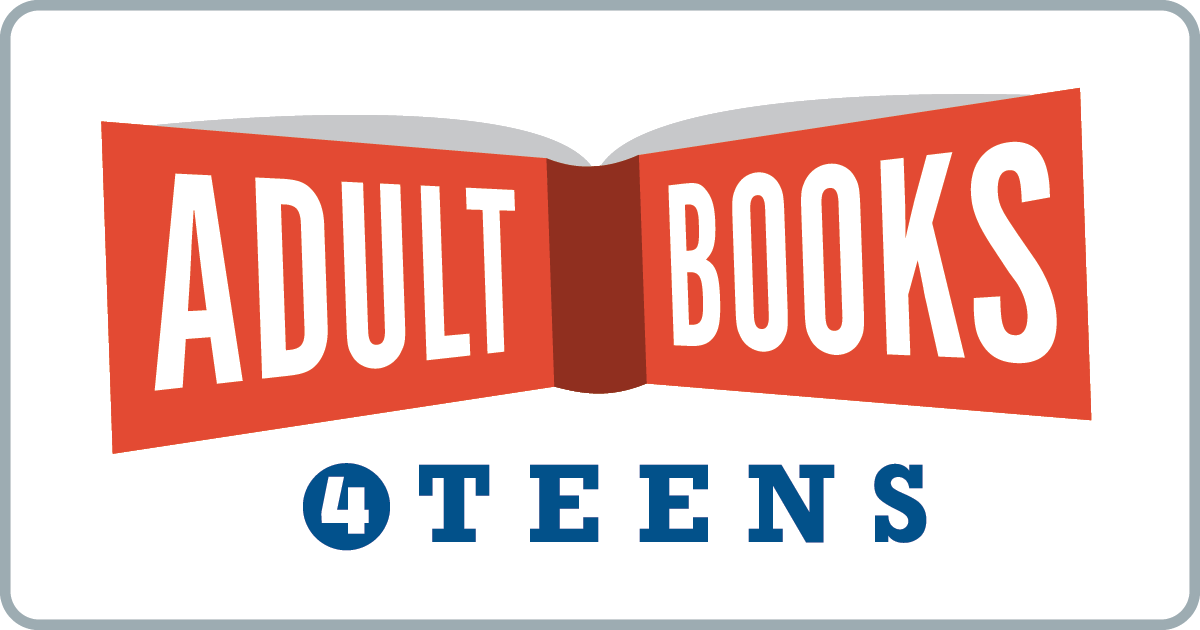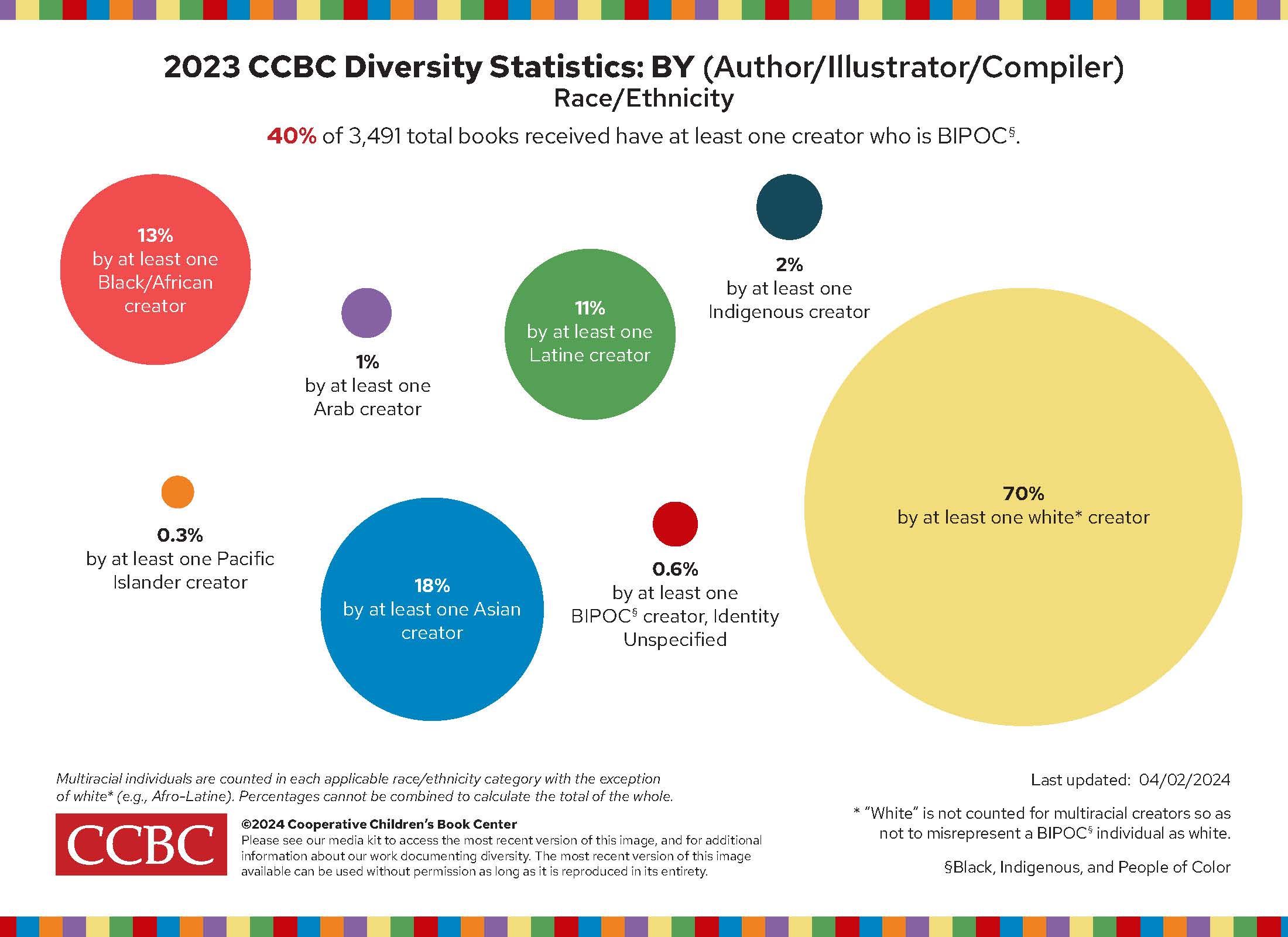SCROLL DOWN TO READ THE POST
Damaged Young Women
I’m very excited to introduce today’s novels, all three centered on emotionally damaged young women, and two of which are debuts that earn starred reviews from us. I read the two debuts–Panopticon and Lotería–in short succession, about a month ago, and I’m hard pressed to say which I’m more excited about–both introduce readers to ferocious new talents whom I’ll be watching for great things to come. I haven’t gotten to Visitation Street yet, but based on our review below, it’s on my short list to read soon.
In addition to their similar central characters, all three novels feature genre trappings which they quickly belie. Ivy Pochoda’s Visitation Street is nominally a mystery novel, but as our reviewer notes, the mystery is fairly easily solved, and the real meat of the novel lies in the richly drawn characters and setting. Mario Alberto Zambrano’s Lotería flirts with several genres, most strongly the immigrant-assimilation tale, but its formally tricky structure, and its quasi-unreliable narrator quickly show that Zambrano (an erstwhile professional ballet dancer) has much more on his mind. Jenni Fagan’s Panopticon also edges up against several genres: its title calling to mind a dystopian fiction, and its text blurring the lines between boarding school and prison novel. But once again, these genres are merely the solid ground on which to stand while watching the pyrotechnics of emotion and psychology these authors are able to unleash.
ADVERTISEMENT
ADVERTISEMENT
POCHODA, Ivy. Visitation Street. 320p. Dennis Lehane: Ecco. Jul. 2013. Tr $25.99. ISBN 9780062249890.
 Adult/High School-There is no Visitation Street in Red Hook, Brooklyn, but there is a Visitation Place, and by the end of this book, readers will want to see it for themselves. The novel is set at the cusp of the Red Hook gentrification: the Chinese take-away has a bullet-proof partition, but the Queen Mary is about to start docking there. One very hot summer’s night, Val and June decide to cool off by taking a raft out into the harbor (something not safe even during the daytime). The next morning, Val is discovered half-drowned beneath a pier and June has vanished. Jonathan, a teacher at Val and June’s school, finds Val and his life changes: he feels somehow responsible for her, and wants to make a connection with her that possibly goes beyond the strict boundaries of teacher/student. Also changed by June’s disappearance are Fadi, owner of one of the many delis/convenience stores that dot the neighborhood, and Cree, son of a police officer shot in front of the housing project in which the family lives, and possibly June’s former boyfriend. Though marketed as a mystery, there really isn’t one here: it’s clear from early on what happened to June. Instead, Pochoda offers readers an exploration of grief and loss. Throughout the novel, the sense of place and relationships is so strong that readers end up really knowing these characters and feeling as though they could easily find their way to their apartments. It will appeal to readers looking for interesting characters and a gritty setting.-Laura Pearle, Venn Consultants, Carmel NY
Adult/High School-There is no Visitation Street in Red Hook, Brooklyn, but there is a Visitation Place, and by the end of this book, readers will want to see it for themselves. The novel is set at the cusp of the Red Hook gentrification: the Chinese take-away has a bullet-proof partition, but the Queen Mary is about to start docking there. One very hot summer’s night, Val and June decide to cool off by taking a raft out into the harbor (something not safe even during the daytime). The next morning, Val is discovered half-drowned beneath a pier and June has vanished. Jonathan, a teacher at Val and June’s school, finds Val and his life changes: he feels somehow responsible for her, and wants to make a connection with her that possibly goes beyond the strict boundaries of teacher/student. Also changed by June’s disappearance are Fadi, owner of one of the many delis/convenience stores that dot the neighborhood, and Cree, son of a police officer shot in front of the housing project in which the family lives, and possibly June’s former boyfriend. Though marketed as a mystery, there really isn’t one here: it’s clear from early on what happened to June. Instead, Pochoda offers readers an exploration of grief and loss. Throughout the novel, the sense of place and relationships is so strong that readers end up really knowing these characters and feeling as though they could easily find their way to their apartments. It will appeal to readers looking for interesting characters and a gritty setting.-Laura Pearle, Venn Consultants, Carmel NY
* ZAMBRANO, Mario Alberto. Lotería. 288p. HarperCollins. Jul. 2013. Tr $21.99. ISBN 978-0-06-226854-9; ebook ISBN 978-0-06-226856-3.
 Adult/High School–After an unnamed incident leaves Luz’s father in jail, her sister in the hospital, and Luz herself in a care home, Luz refuses to speak to anyone. But she agrees to write out her life story, which she does by cuing each chapter to a card from the game Lotería, a Latin American version of Bingo. This technique allows her to be coyly elliptical in her storytelling, as she jumps through time and space based on whatever memories are evoked by a particular card. Nevertheless, the picture she creates of her childhood is clear: frequent trips between Luz’s birthplace in Texas and her parents’ hometown in Mexico; a loving if conflicted relationship with her older sister Estrella; and the ever-present family battles evoked by their alcoholic and physically abusive father, to whom, despite his problems, Luz is steadfastedly devoted. Indeed, Luz’s (and by extension Zambrano’s) refusal to give in to easy condemnations of her father’s actions, beautifully highlighted by genuinely difficult arguments between Luz and Estrella, is among this novel’s most risky and ultimately successful gambits. Zambrano’s prose is smart and funny, and powerfully evokes the life of a first-generation American, not least through his heavy use of Spanish (some readers may want to have a Spanish dictionary handy). At 11-years-old, Luz may strike some teens as too young to identify with, but her relative maturity, and the authenticity of her coming-of-age tale should easily allay those fears .–Mark Flowers, John F. Kennedy Library, Vallejo, CA
Adult/High School–After an unnamed incident leaves Luz’s father in jail, her sister in the hospital, and Luz herself in a care home, Luz refuses to speak to anyone. But she agrees to write out her life story, which she does by cuing each chapter to a card from the game Lotería, a Latin American version of Bingo. This technique allows her to be coyly elliptical in her storytelling, as she jumps through time and space based on whatever memories are evoked by a particular card. Nevertheless, the picture she creates of her childhood is clear: frequent trips between Luz’s birthplace in Texas and her parents’ hometown in Mexico; a loving if conflicted relationship with her older sister Estrella; and the ever-present family battles evoked by their alcoholic and physically abusive father, to whom, despite his problems, Luz is steadfastedly devoted. Indeed, Luz’s (and by extension Zambrano’s) refusal to give in to easy condemnations of her father’s actions, beautifully highlighted by genuinely difficult arguments between Luz and Estrella, is among this novel’s most risky and ultimately successful gambits. Zambrano’s prose is smart and funny, and powerfully evokes the life of a first-generation American, not least through his heavy use of Spanish (some readers may want to have a Spanish dictionary handy). At 11-years-old, Luz may strike some teens as too young to identify with, but her relative maturity, and the authenticity of her coming-of-age tale should easily allay those fears .–Mark Flowers, John F. Kennedy Library, Vallejo, CA
* FAGAN, Jenni. The Panopticon. 288p. Hogarth: Crown. Jul. 2013. Tr $22. ISBN 9780385347860; ebook ISBN 9780385347877.
Filed under: Mystery, Weekly Reviews
About Mark Flowers
Mark Flowers is the Young Adult Librarian at the John F. Kennedy Library in Vallejo, CA. He reviews for a variety of library journals and blogs and recently contributed a chapter to The Complete Summer Reading Program Manual: From Planning to Evaluation (YALSA, 2012). Contact him via Twitter @droogmark
ADVERTISEMENT
SLJ Blog Network
2024 Books from Coretta Scott King Winners
The Ultimate Love Letter to the King of Fruits: We’re Talking Mango Memories with Sita Singh
Monkey King and the World of Myths: The Monster and the Maze | Review
The Tortured Poets Department Poetry Party Part 2: DIY Frames for Your Instant Photos
The Classroom Bookshelf is Moving
ADVERTISEMENT
ADVERTISEMENT







